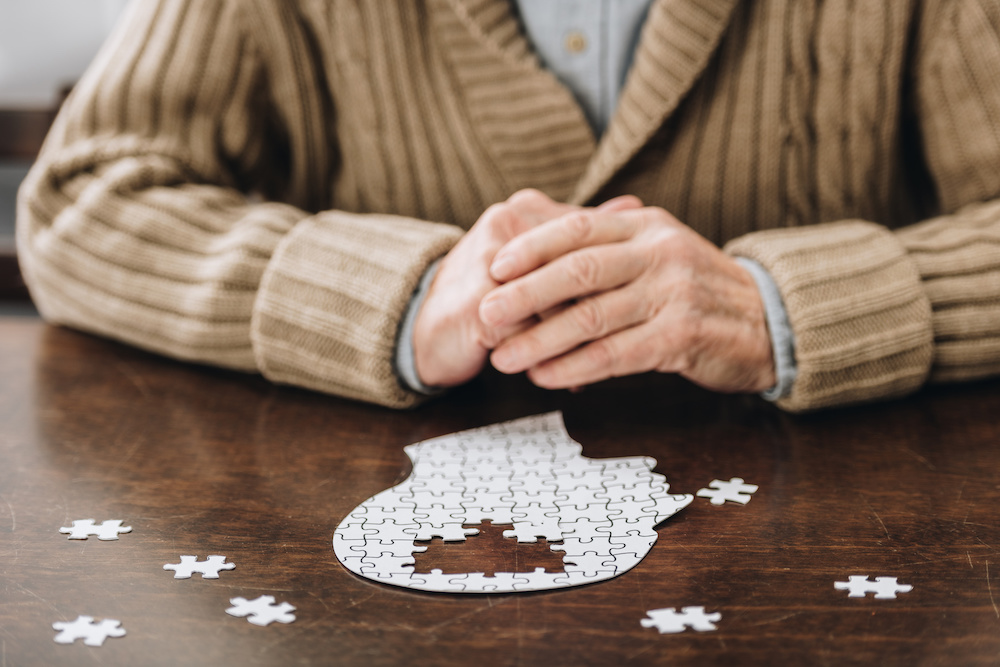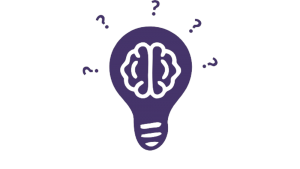News
Flu vaccination linked to a 40 per cent reduction in risk of Alzheimer
A new research led by the University of Texas Health Science Center at Houston has found a connection between flu vaccination and a 40 per cent reduced risk of Alzheimer.

Researchers have found a close link between the flu vaccination and a 40 per cent reduced risk of Alzheimer.
Focusing on Americans aged 65 and older, the study compared the risk of Alzheimer’s disease between patients with and without prior flu vaccination.
The research, conducted by The University of Texas at Austin , follows previous research from the university, that already found a possible link between the flu vaccine and a reduced risk of Alzheimer disease two years ago.
To collect the data needed, the researchers analysed the numbers of 935,887 flu-vaccinated patients and 935,887 non-vaccinated patients over the course of four years. During the appointments with the patients, 8.5 per cent of non-vaccinated patients developed Alzheimer’s disease against a 5.1 per cent of flu-vaccinated patients.
The results of the research paper only covered a small part of the underlying mechanisms of Alzheimer’s disease and its connection with the flu vaccine, which leaves space for further research.
One of the researchers, Dr Shoulz, stated that the reduction of the risk of Alzheimer’s disease is not a specific effect of the flu vaccine.
He added “Instead, we believe that the immune system is complex, and some alterations, such as pneumonia, may activate it in a way that makes Alzheimer’s disease worse. But other things that activate the immune system may do so in a different way – one that protects from Alzheimer’s disease.
“Clearly, we have more to learn about how the immune system worsens or improves outcomes in this disease.”
“We found that the flu vaccination in older adults reduces the risk of developing Alzheimer’s disease for several years. The strength of this protective effect increased with the number of years that a person received an annual flu vaccine,” said Bukhbinder, the first author of the research.
“Future research should assess whether flu vaccination is also associated with the rate of symptom progression in patients who already have Alzheimer’s dementia,” he added.

Following this finding that connect the flu vaccine to a reduced risk of Alzheimer’s disease, Dr Bukhbinder shared his interest in undertaking further research to understand whether a similar association exists between COVID-19 vaccination and Alzheimer.
Past studies have already showed a decreased risk of dementia associated with exposure to various vaccinations, such as polio, herpes and tetanus.
Although this new case study used a large sample, studies with longer follow-up periods are desirable as the symptoms of Alzheimer only appear decades after the pathology begins.
Alzheimer affects six million people in the US and over 850,000 people in the UK, according to a 2019 study.
This means that one in every 14 people of the population aged 65 years and over are affected by the Alzheimer’s disease. According to the Alzheimer’s Society, people with Dementia will increase to 1.5 million people by 2040 in the UK alone. This growth in elderly people affected by Alzheimer is expected to be steady if no action is taken.
Worldwide, numbers of people living with dementia are expected to double every 20 years. By 2050 the people with dementia will be 115 million against 36 million nowadays. The current estimated cost of dementia worldwide is £380 bn (US$604 billion).
News
Weight loss jabs my only temporarily reduce ‘food noise,’ study finds
News
Childhood loneliness linked to increased risk of dementia, study finds

Childhood loneliness increases the risk of dementia in later life, according to new research.
Adults who recalled being lonely and without a close friend in childhood faced a 41 per cent higher risk of developing dementia, even if they were no longer lonely as adults.
People who frequently felt lonely without close friends during youth showed accelerated cognitive decline — a worsening of memory and thinking — and started middle age with lower scores on these skills.
Researchers from universities in China, Australia and the US, including Harvard and Boston universities, analysed data from 13,592 Chinese adults tracked from June 2011 to December 2018.
The critical factor was the subjective feeling of loneliness itself. Those who reported often feeling lonely as children had a 51 per cent higher dementia risk, even if some had close friends.
However, those who only lacked close friends but did not feel lonely showed no significant difference in risk.
Nearly half of roughly 1,400 adults in the study reported being lonely and without close friends during childhood.
The 4.2 per cent who experienced both faced the highest risk of cognitive decline.
The link to dementia remained strong even for people who were no longer lonely in adulthood, suggesting early-life isolation can have lasting effects on brain health.
During childhood, the brain develops rapidly and is vulnerable to harm. Loneliness acts as a chronic stressor, flooding the developing brain with harmful hormones that can damage memory centres, and it reduces stimulation from social play and peer interaction that helps build robust neural networks.
A separate 2024 study of more than 10,000 older adults found that specific childhood hardships — including poverty, disruptive home environments or parental addiction — were directly linked to poorer cognitive function later in life.
Youth loneliness appears to be rising, partly linked to widespread social media use.
Among girls, 64 per cent aged five to seven, 67 per cent aged eight to 10, and 73 per cent aged 11 to 13 reported feelings of loneliness last year. More than a quarter of boys aged 11 to 17 in the US report feeling lonely.
Children face growing social isolation, with one in four Americans now eating every meal alone — a rate that has surged by over 50 per cent since 2003. Sharing meals with friends and family helps build bonds and positive memories in youth.
Fewer children are playing outside or joining team sports.
A recent study reported that one in three children do not play outside on school days, and one in five do not do so even at weekends.
The 2024 research found a direct, dose-dependent relationship between childhood adversity and cognitive problems in adults — the greater the early trauma, the greater the later risk.
For each significant increase in early trauma, individuals faced an eight per cent higher risk of daily memory issues and scored lower on objective tests of mental speed and focus.
News
Don’t miss you essential monthly agetech update

Your essential monthly update on agetech’s progress
Welcome to your monthly snapshot of the facts, figures, opinions, trends and challenges shaping the development of agetech.
Our new monthly tracker report aims to provide an concise update for busy agetech professionals on the many factors influencing your work.
Here you will find a concise breakdown of deals, developments and opportunities from the last 30 days; and insight and opinion from leading thinkers in the field.
We hope you find something useful and/or inspiring below – and welcome any feedback about what else you’d like to see included.

 Insights1 month ago
Insights1 month agoHigh fat diet may keep brain young, study suggests

 News3 weeks ago
News3 weeks agoEthnic minorities more likely to underreport health problems, research finds

 Wellness2 months ago
Wellness2 months agoNHS warns against dismissing symptoms as ‘natural part of ageing’

 News4 weeks ago
News4 weeks agoNewLimit raises US$45m for epigenetic longevity drugs

 News2 weeks ago
News2 weeks agoEngineered ‘young’ immune cells could help to reverse Alzheimer’s damage

 News2 months ago
News2 months agoWeight loss jabs should be first-line obesity treatment in most cases, new guidance states

 News3 weeks ago
News3 weeks agoCzech firm approved for hydrogen Alzheimer’s trial

 News6 days ago
News6 days agoGladys raises £1.5m for AI home care

































